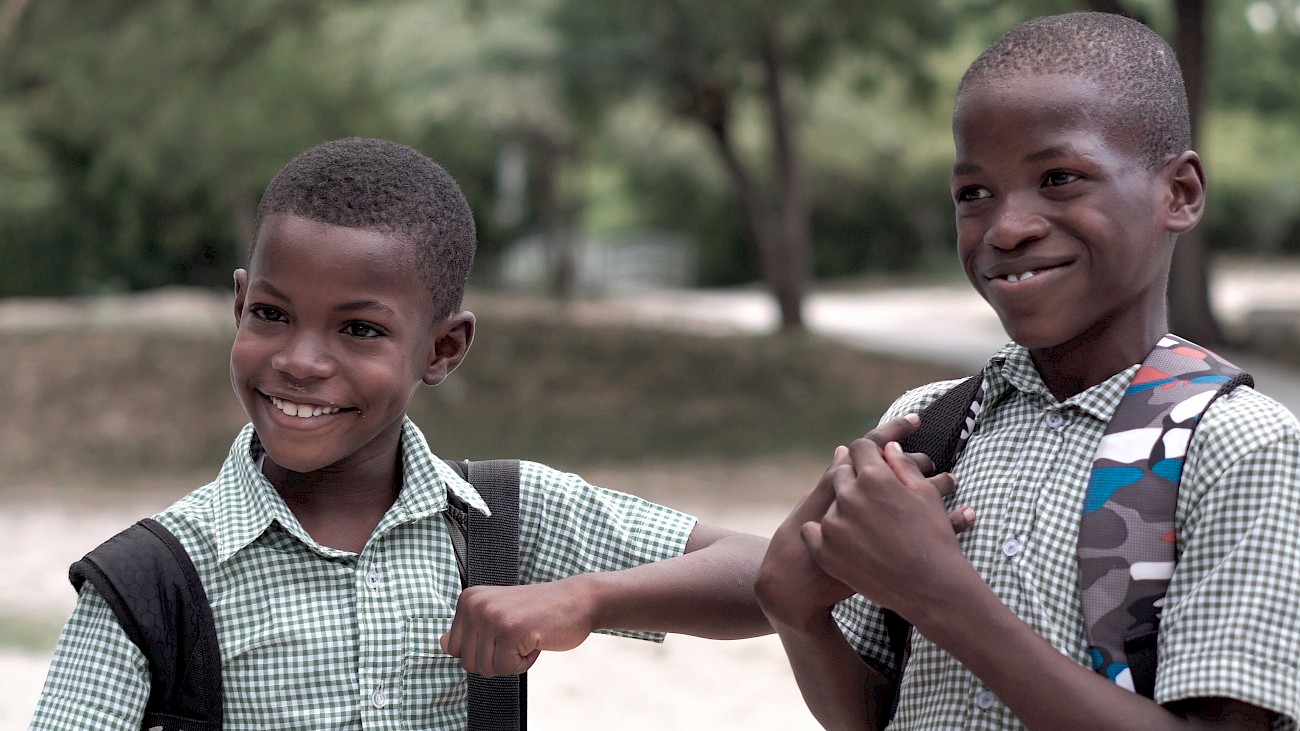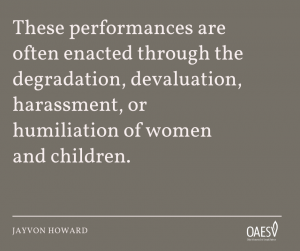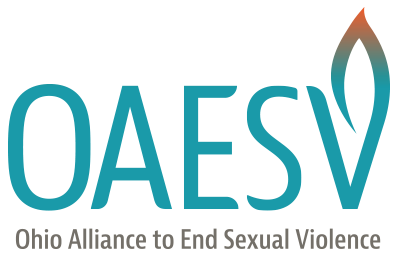It’s Time to Abolish the Myths that Harm Our Black Boys

Last week I hosted the first two hours of what will be a full four-hour training focused on the sexual victimization of Black boys and Black men. I felt empowered and elated that the participants were able to gain new insight and knowledge that they would use to create intervention and prevention strategies for male survivors. I was hopeful that the interest in having these important discussions were indicative of shifts in a broader cultural desire to protect Black children.
Working in any area of social change work, especially anti-violence, we each must come to grips that many of the changes we seek, must be thought of in terms of decades. All victories—even those that appear minor—should be celebrated. Although having the opportunity to host this training with a positive response was a victory, I ultimately felt disappointed upon logging into my social media afterwards and discovering the comments made by Boosie Badazz.
 It is disappointing, as we are demanding justice for Ahmaud Arbery, exclaiming ‘Protect our Black men’, that in the same moment we are exploiting and abusing our Black boys. I think of the trauma that our children must be experiencing in this moment. I think of how Boosie denied agency to his young son and asserted power and control over their body—again, in the same moment that our communities are grappling with another instance of state sanctioned violence.
It is disappointing, as we are demanding justice for Ahmaud Arbery, exclaiming ‘Protect our Black men’, that in the same moment we are exploiting and abusing our Black boys. I think of the trauma that our children must be experiencing in this moment. I think of how Boosie denied agency to his young son and asserted power and control over their body—again, in the same moment that our communities are grappling with another instance of state sanctioned violence.
The trauma that Black children are experiencing when receiving the messaging that their lives do not matter, their bodies are not their own and can be disposed of or exploited, not only by the State and complete strangers but also by trusted loved ones. Black boys, like Black girls, are not afforded the luxury of childhood. White supremacist and patriarchal assumptions perceive Black boys as older than they truly are. Due to racial and gender inequities these assumptions continue to thrive, even in communities of color when left unchallenged. Black children are systemically criminalized and vulnerable to exploitation due to this adultification.
We know that 1 in 6 men and 1 in 53 boys experience some form of sexual violence in their lifetimes many before the age of 18. The response by some Black men to Boosie’s comments outline an enormous dissonance in understanding sexual victimization and its impact.
Many responses co-signed this behavior and welcomed the sexualization of Black children. Even going as far as stating ‘that most 13-year-old boys would desire sexual contact with older women’ or comments suggesting that early sexual experiences are beneficial and ‘good’ for these men to become better lovers as future adults. Adolescent sexuality may sometimes include desire or fantasies about adult men and adult women.
However, we are still discussing children, and they should not be encouraged to engage in any behaviors that may be harmful for their emotional, physical, or mental health. Considering that Boosie and many of these other men were just recently accosting Dwyane Wade for supporting his daughter, claiming that she is too young to understand her gender or sexual orientation—the hypocrisy only reinforces the undercurrent of homo/transphobia and the desire to elevate toxic masculinity and to perform homosocial behaviors.
Homosociality is the forming of male bonds that are non-sexual, such as friendships, sibling relationships, and mentorships and describes the fraternal attitudes men share. It can also be described as the behaviors that motivate men to perform masculinity to gain approval and respect from other men. These performances are often enacted through the degradation, devaluation, harassment, or humiliation of women and children.
In these comments we must also acknowledge how the traditional concepts of masculinity tell us that men should be inviting of any sexual advances from women. Men should always be wanting, willing, waiting, and ready for any kind of sexual interaction with a woman. In making these assumptions, we are minimizing the experiences of Black boys and Black men who may have experienced this violence. We remain unaware of how current attitudes towards how stress, relationships, intimacy, and parenting are influenced by these past events. But let us be clear, any sexual experience that is coerced and exploitative is never positive, and this does not change because of one’s gender.
The intersection of trauma and oppression leaves our boys incredibly vulnerable to physiological harm. This trauma cycle continues when Black boys are perceived as uncapable of experiencing emotion or pain, when they are perceived as more enduring and more resilient.
The trauma cycle continues when we assume that generational violence(s) demands a certain stoicism. We burden our Black boys with the fear of disappointing their fathers, uncles, brothers, and their peers. We burden them with ideas that they will not be accepted or loved by a significant other if they are exclusively taught compassion. There is minimal expectation for men to be loving, compassionate, and caring to others, and therefore we should not be surprised when they are not focused on teaching love and compassion but rather power over and control behavior.
It is time for us to make the change so we can move into a world free from violence and focused on healing and accountability. It is time for us to rewrite the myth that Black boys cannot be soft, gentle, loving, and compassionate. It is time for us to take the sexual abuse of black boys seriously. We must abolish the myth that real men are hypersexual, promiscuous, and ready-to-go at any moment, no matter what context or what age they are.
It is time for us to end shaming our boys into silence. It is time for us to respect and support their need for autonomy and the expression of their full range of emotions. We must continue to challenge and openly resist dominator culture and provide alternatives for boys who fear they risk emotional isolation or safety in that resistance.
Our children deserve the same dignity that we all deserve—love, respect, security, freedom from violence—and every day, advocates must continue the fight to protect them. Protect them. Please, protect them.
______________________________________________________________________________________________________________________
For more on this, we also suggest this post by Dr. Tyffani Dent, a licensed psychologist and former OAESV board member–Boosie Bad Azz and Black Boy Trauma.
“I am a psychologist who works in the field of sexual violence. In my work with both juveniles who have caused sexual harm and those who have been victims of such (note: these are not always mutually exclusive), I have been on the frontlines of addressing sexual abuse, including the beliefs and practices that keep it going.
As a black psychologist who also centers Black folx in my work, I have been in spaces where Black communal beliefs about sex, who can be victimized, who can be a perpetrator, and body autonomy intersect. Therefore, when I saw the story about Boosie and his hiring people to perform sexual acts on his 12 year-old male CHILD, I was not surprised.”
See Dr. Dent’s full post here.
